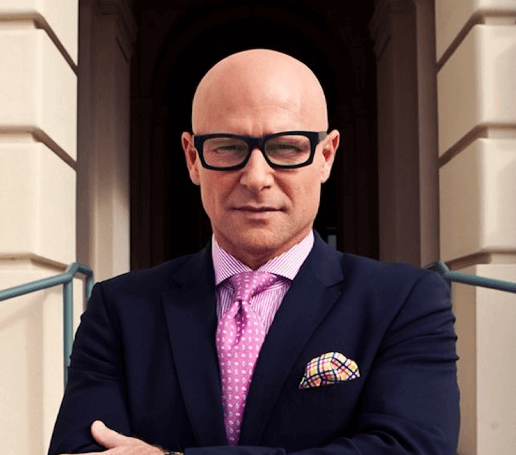The Power Imbalance That Characterizes Relationships Affected By Domestic Violence
California defines domestic violence as the use of physical, emotional or financial abuse used to exert power or control over a family member (one’s child, parent, grandparent and/or grandchild) or an intimate partner. Intimate partners are both heterosexual and homosexual and are married, divorced, have children together, dating, formerly dated, living together or formerly living together. There are many characteristics that are commonly associated with acts of domestic violence, perhaps the most telling being the power imbalance that exists between a victim and his or her abuser.
Power is what usually drives an individual to abuse another. Although single acts of domestic violence are often committed out of anger, stress or frustration, abuse that repeats itself is usually due to one’s desire to exert power and/or control over his or her intimate partner or other family member. Regardless of the type of domestic abuse that an individual inflicts upon a partner or family member, the power imbalance between the abuser and his or her victim remains the same and, until and unless the victim either flees the relationship or learns to exert his or her own authority, that imbalance will never change.
Family relationships that teach equality generally foster safe and nurturing environments. However, domestic violence statistics reveal that in a family where the power and control are out of balance, there will be a higher risk of domestic abuse within that family. A parent, in a family situation or perhaps the “breadwinner” in an intimate partner relationship may in fact have control over his or her other family members or intimate partner, as the others may be dependant on him or her for food, shelter, basic necessities and affection, but whether or not he or she chooses to exercise that power affects the likelihood of abuse. It should be noted that when a parent or grandparent inflicts abuse on his or her own child or grandchild, a separate charge of child abuse would likely be filed.
Many wonder why an abused individual would choose to stay with an abusive partner. Researchers and psychologists believe that it is because a person who has been consistently and/or severely victimized may suffer from a recognized psychological condition known as battered person’s syndrome. Battered person’s syndrome, also known as battered women’s syndrome or BWS explains why an abused individual (either a man or a woman) would voluntarily remain with his or her intimate partner. On a similar note, domestic violence studies suggest that strong, emotional bonds form between the victim and perpetrator involved in an abusive relationship due to the imbalance of power that exists. As the abuser gains more power, the victim’s self-esteem lessens and he or she becomes even more dependent on the abuser, feeling that he or she is undeserving of another’s love. In addition, during the “honeymoon phase” of the cycle of abuse, the abused partner believes that the abuse has stopped and forgives the abuser, which actually reinforces the abusive behavior and strengthens the bonds even more.
Help is available to those who wish to seek it. Counseling is available to both victims of domestic violence and to those who need help putting an end to their abusive behavior. Professional legal advice may also be helpful for either party involved in a relationship affected by intimate partner abuse. If he or she desires to learn more about what legal rights and/or remedies exist for domestic violence, the trustworthy attorneys at The Kavinoky Law Firm can address any questions or concerns about a Domestic Violence – related matter, as they specialize in California domestic violence law. They can advise a victim of intimate partner abuse on how to seek legal remedies, which may include helping the victim to file for a protective order or may help an individual charged with a D.V. crime, as they have a reputation for being exceptional domestic violence criminal defense lawyers. Contact The Kavinoky Law Firm today for a free consultation.


